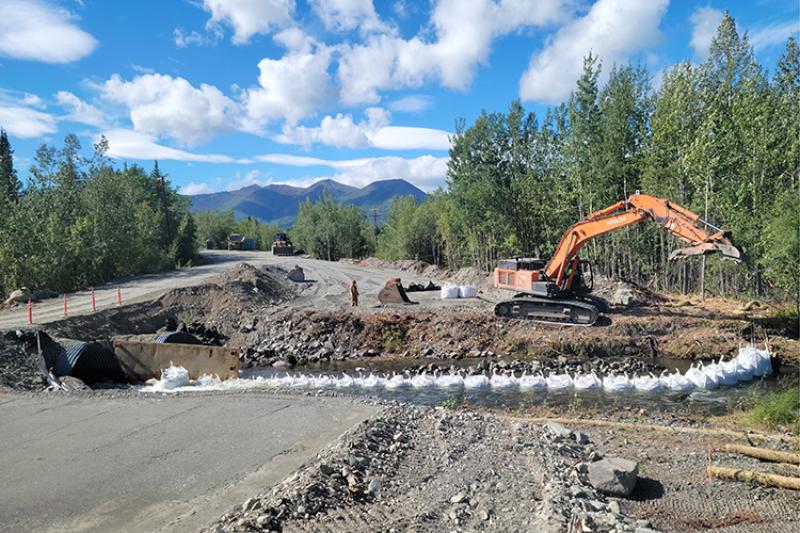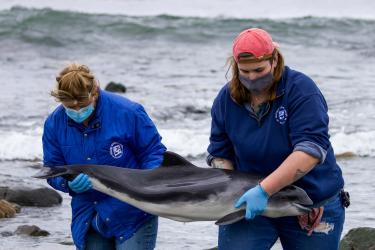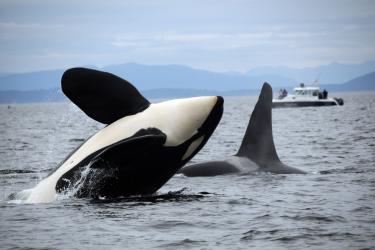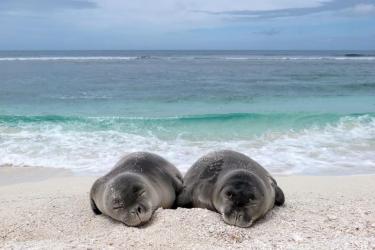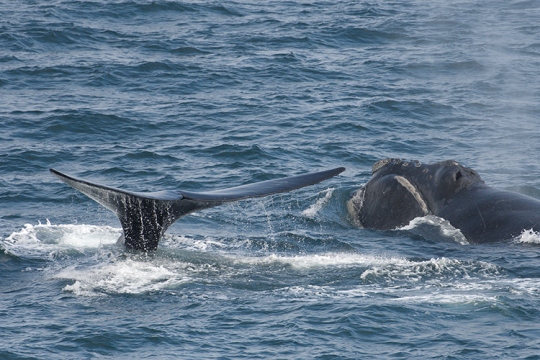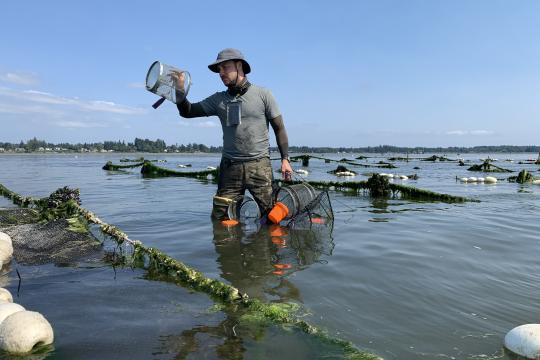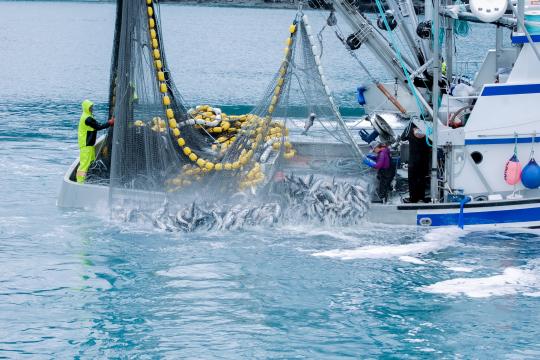NOAA Fisheries is awarding funding to continue 12 ongoing habitat restoration efforts in 2022. These projects are restoring habitats for coastal and marine species in nine states and territories across the country. They are helping to support our nation’s fisheries, contribute to the recovery of threatened and endangered species, and build resilient coastal ecosystems and communities.
NOAA Fisheries provides funding and technical support to partners across the country to develop high-quality habitat restoration projects. Efforts such as reopening rivers to fish passage, reconnecting rivers to their floodplains, and reducing coastal runoff will support oysters, corals, and several fish species. They will also aid in the recovery of threatened and endangered species like Atlantic salmon.
Funding for these habitat restoration projects will be awarded through two multi-year grant programs:
Community-based Restoration Program Funding
We will award more than $5 million through the Community-based Restoration Program. This program funds habitat restoration projects focused on supporting sustainable fisheries and recovering Endangered Species Act-listed species.
Alaska
The Copper River Watershed Project will restore access to 45 miles of habitat for Chinook and coho salmon by replacing two narrow pipes with a new bridge. This fish passage restoration work will support the salmon fisheries that drive the economies of rural communities in Alaska’s Copper River region. ($449,661)
California
The Santa Monica Bay Restoration Foundation will work to restore rocky reef habitats in Southern California by increasing populations of white abalone, a NOAA Species in the Spotlight. Partners will raise captive juvenile white abalone and then place them in appropriate habitats off the coast of Los Angeles County. ($110,155)
Maryland
The Maryland Department of Natural Resources will place spat-on-shell, or oyster larvae, on up to 100 acres of oyster reefs in four Maryland tributaries of the Chesapeake Bay. Higher oyster density is expected to lead to increased environmental benefits, such as water filtration and more habitat for fish. ($800,000)
Virginia
The Virginia Marine Resources Commission will construct new oyster reefs in Mobjack Bay, within NOAA’s new Middle Peninsula Habitat Focus Area. Reefs in this area support fish species like Atlantic butterfish, bluefish, summer flounder, and black sea bass. ($750,000)
North Carolina
The North Carolina Coastal Federation, in partnership with the North Carolina Division of Marine Fisheries, will add up to 15 acres of new oyster reef habitat to the Swan Quarter Oyster Sanctuary in Pamlico Sound, North Carolina. Restoration will benefit species such as gag grouper and white, brown, and pink shrimp. ($750,000)
Texas
Texas A&M University-Corpus Christi will restore oyster reef habitat in St. Charles Bay, Texas. The project will create 3.9 acres of new oyster reef that will support saltwater recreational fisheries, reduce shoreline erosion, and benefit black drum, stone crab, skilletfish, and other economically important species. ($71,106)
Florida
The Florida Aquarium will propagate, grow, and plant 4,250 threatened elkhorn corals to help restore 1,785 square meters of coral habitat at Looe Key and Horseshoe Reefs. These are two of the seven reefs outlined in the innovative Mission: Iconic Reefs. The project will also spawn and raise Diadema urchins at a land-based facility. ($302,000) Also funded by the NOAA Coral Reef Conservation Program.
Caribbean
Sociedad Ambiente Marino will restore endangered corals and seagrass beds damaged by Hurricanes Irma and Maria in Puerto Rico. Over the course of the project, the group will plant 21,000 threatened elkhorn corals and staghorn corals and 4,128 seagrass plugs near existing coral sites to speed up the natural recovery process. ($229,565)
Atlantic Salmon Habitat Restoration Partnership Funding
We will award more than $1.5 million through the Atlantic Salmon Habitat Restoration Partnership. This grant program supports habitat restoration projects that contribute to the recovery of the Gulf of Maine Distinct Population Segment of Atlantic salmon, a federally-listed endangered species and a NOAA Species in the Spotlight.
Maine
- The Atlantic Salmon Federation will implement five projects to restore access to Atlantic salmon spawning and rearing habitats in the Kennebec River watershed. They will also conduct a fish passage feasibility study at the Chesterville Wildlife Management Area Dam on Little Norridgewock Stream. ($401,514)
- Project SHARE will replace undersized culverts at 13 sites, connecting habitat for Atlantic salmon across the Dennys, Machias, Pleasant, Union, and Narraguagus River watersheds. They will also conduct fish passage feasibility studies at the Great Works Dam and at Marion Falls fishway. Funding will also support freshwater habitat restoration work in the Narraguagus River watershed. ($444,237)
- The Nature Conservancy will complete the final designs to remove Guilford Dam and restore the adjacent floodplain, which will reconnect habitat for Atlantic salmon in the Piscataquis River watershed. They will also restore access to high-quality habitat by improving fish passage at three high-priority road crossings over streams. ($570,000)
- The Downeast Salmon Federation will support fish passage feasibility studies at the Cherryfield Ice Control Dam on the Narraguagus River and the Gardner Lake Dam on the East Machias River, to support future habitat restoration in these watersheds. Funding will also support fish passage improvements at the Gardner Lake Dam. ($153,582)
